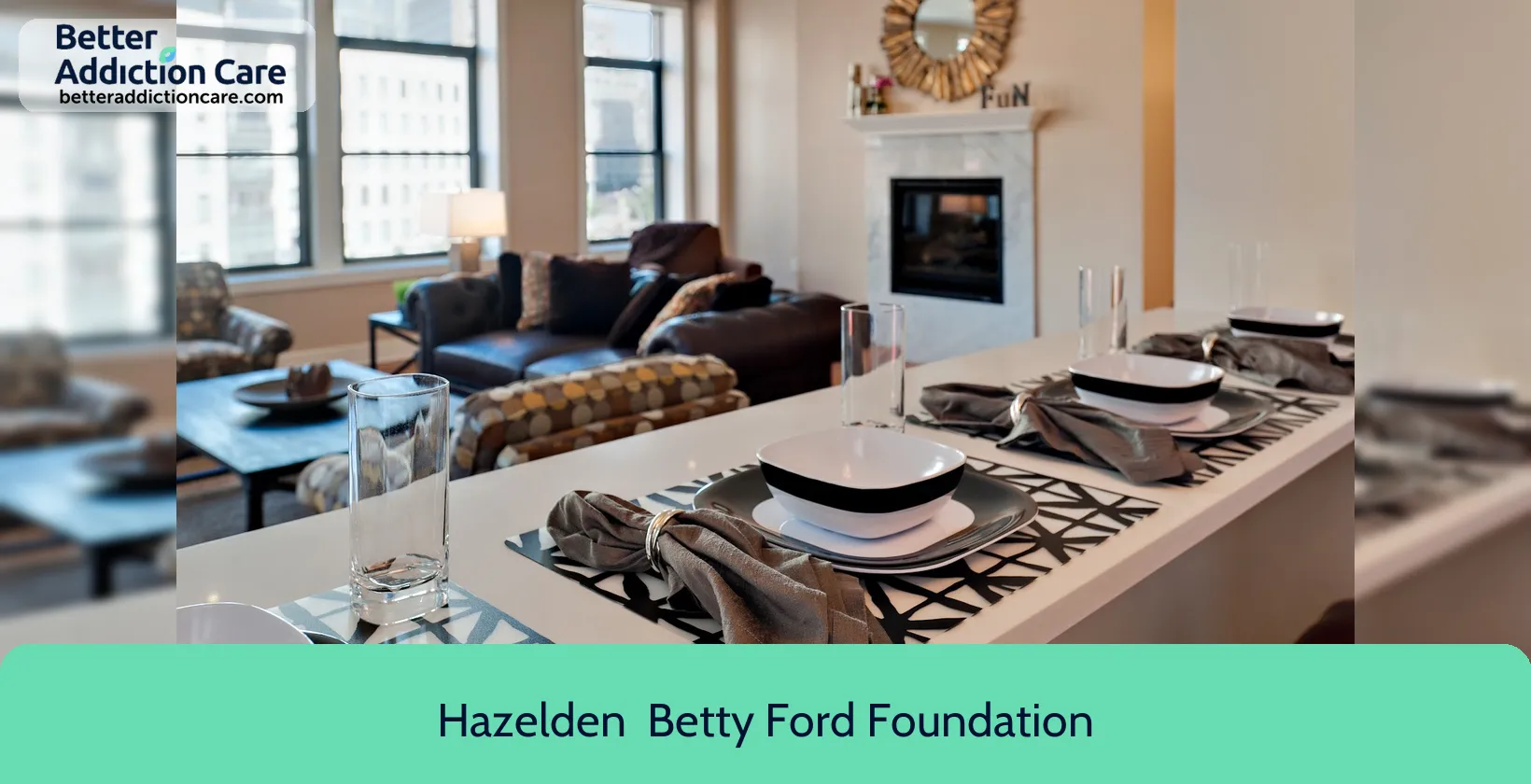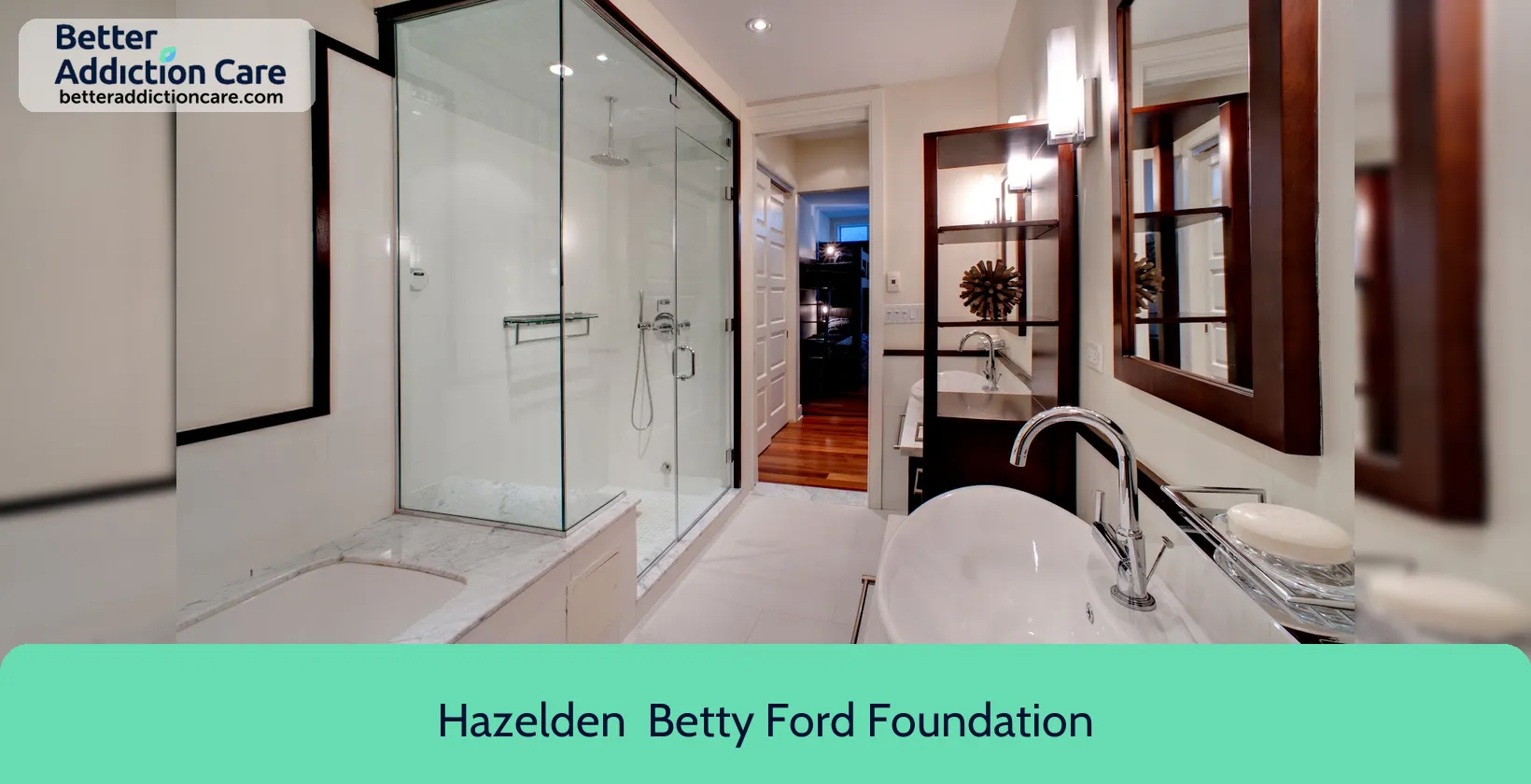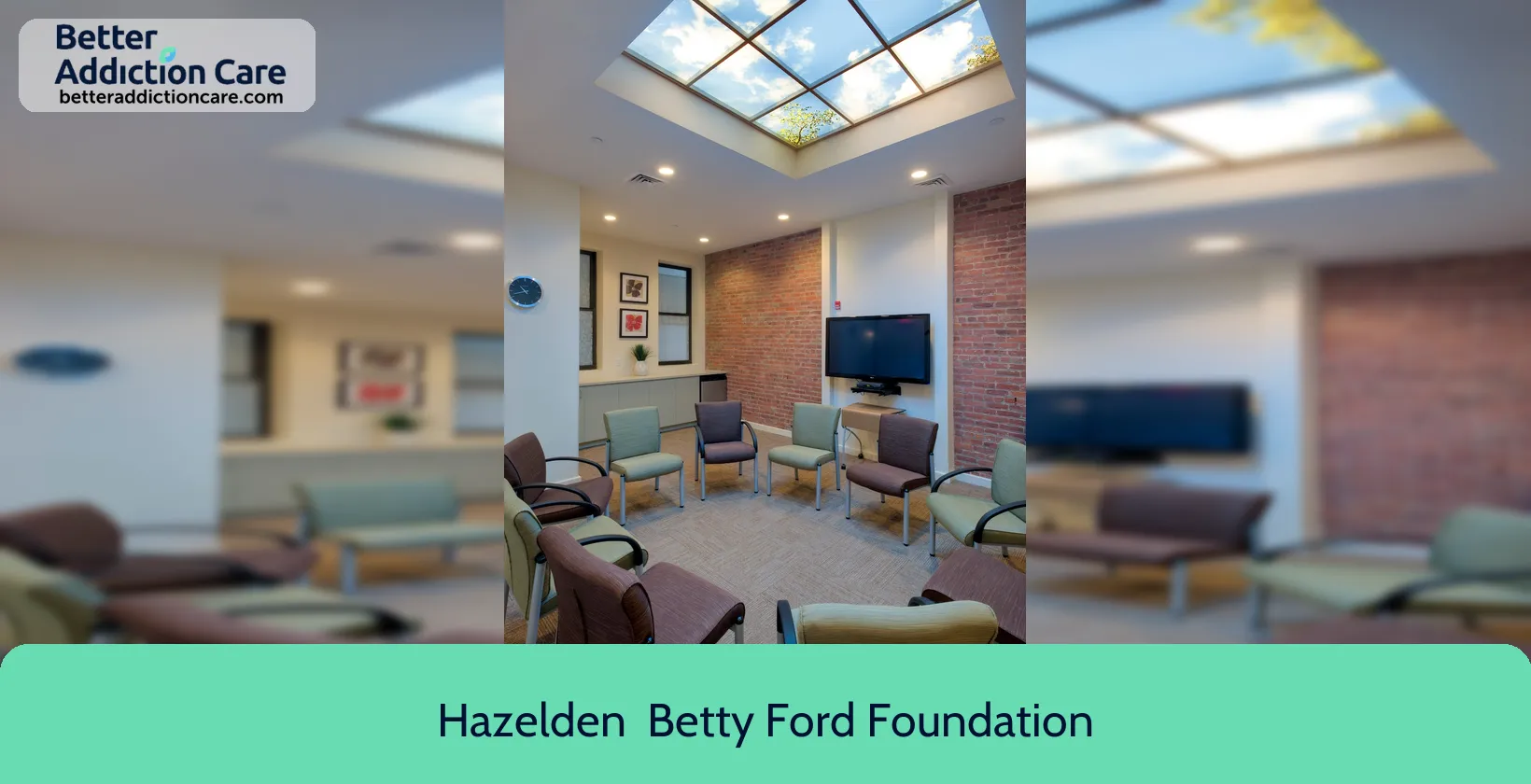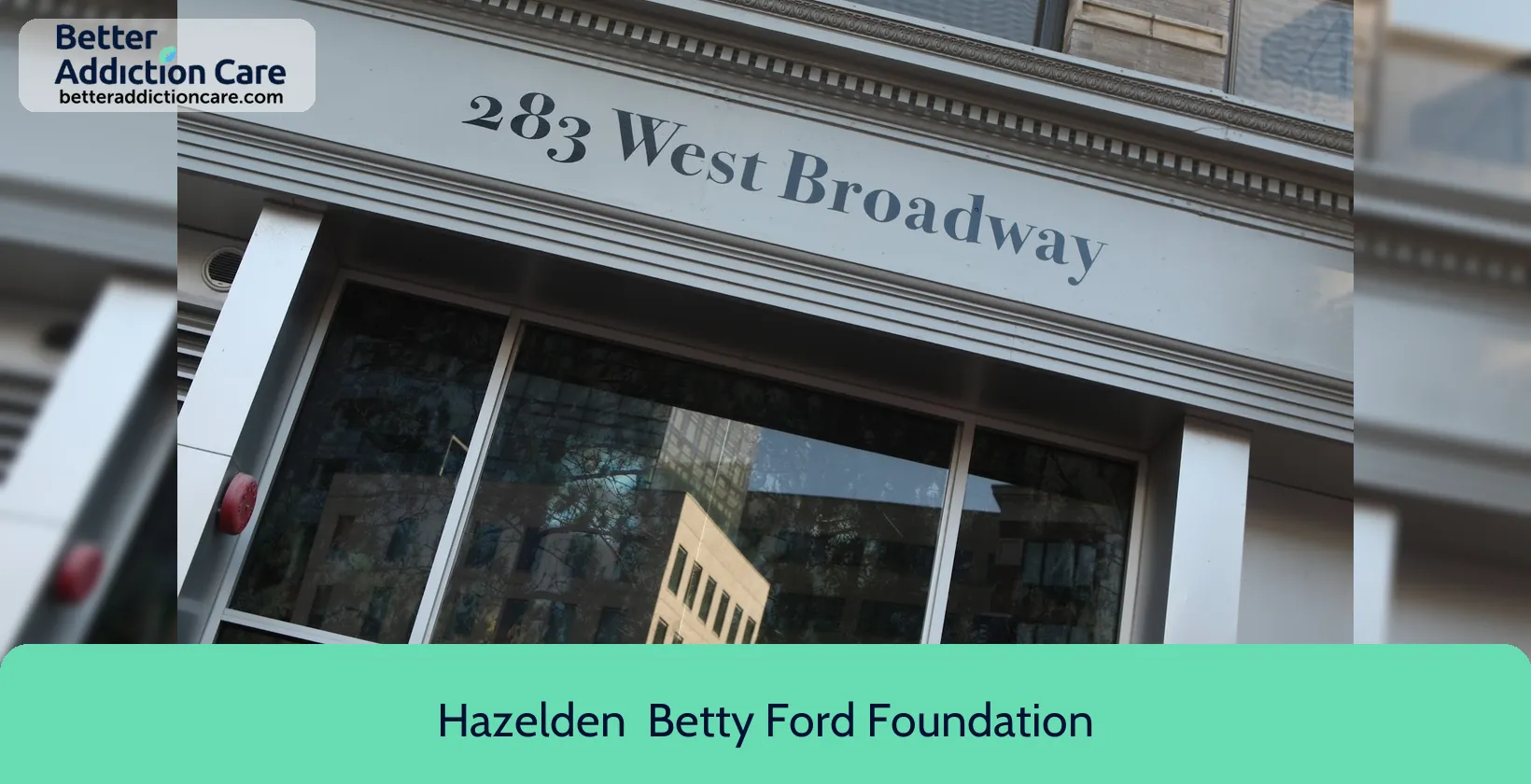Hazelden - Betty Ford Foundation 283 West Broadway
Overview
Since 1949, the Hazelden Betty Ford Foundation, located in New York City, New York, has been a leading provider of comprehensive addiction treatment and support services for adults. The foundation offers both intensive and outpatient programs, addressing alcohol and substance use disorders as well as co-occurring conditions.
The foundation employs a multifaceted approach to treatment, integrating the 12-Step model with both group and individual counseling. This approach ensures a well-rounded and personalized care experience for each client. The Hazelden Betty Ford Foundation is particularly noted for its inclusive and supportive environment, with specialized services available for LGBTQIA+ individuals. The center includes licensed clinicians who are members of the LGBTQIA+ community, providing targeted support to address the unique and intersecting challenges faced by diverse populations.
Accredited by The Joint Commission, the Hazelden Betty Ford Foundation upholds the highest standards of care and continues to be a trusted leader in addiction recovery and mental health services.
Hazelden - Betty Ford Foundation 283 West Broadway at a Glance
Payment Options
- Cash or self-payment
- Private health insurance
- Federal military insurance (e.g., TRICARE)
- Sliding fee scale (fee is based on income and other factors)
- Self-pay options
Assessments
- Screening for tobacco use
- Comprehensive mental health assessment
- Comprehensive substance use assessment
- Outreach to persons in the community
- Screening for mental disorders
Age Groups
- Young adults
- Adults
Ancillary Services
- Case management service
- Suicide prevention services
- Mental health services
- Social skills development
Highlights About Hazelden - Betty Ford Foundation 283 West Broadway
7.41/10
With an overall rating of 7.41/10, this facility has following balanced range of services. Alcohol Rehabilitation: 8.00/10, Drug Rehab and Detox: 7.54/10, Insurance and Payments: 6.53/10, Treatment Options: 7.58/10.-
Alcohol Rehabilitation 8.00
-
Treatment Options 7.58
-
Drug Rehab and Detox 7.54
-
Insurance and Payments 6.53
Accreditations
NAATP:

The National Association of Addiction Treatment Providers (NAATP) accreditation for addiction and behavioral health is a recognized and respected certification that signifies a treatment center's commitment to delivering high-quality services in the field of addiction and behavioral health. It serves as an assurance of compliance with industry standards and best practices, ensuring that individuals seeking help receive effective and ethical care. Accreditation from NAATP demonstrates a facility's dedication to maintaining rigorous standards, fostering accountability, and prioritizing the well-being and recovery of its clients.
The Joint Commission:

The Joint Commission's addiction and behavioral health accreditation signifies a facility's commitment to high-quality care. It involves rigorous evaluations and assessments of clinical practices, ensuring effective, evidence-based treatment. Accreditation showcases a dedication to continuous improvement and patient safety, instilling trust among patients, families, and healthcare professionals. It's a mark of excellence in addiction and behavioral health care.
Treatment At Hazelden - Betty Ford Foundation 283 West Broadway
Treatment Conditions
- 24-Hour Clinical Care
- Alcoholism
- Substance use treatment
- Opioid Treatement
- Co-occurring Disorders
Care Levels
- Outpatient
- Outpatient methadone/buprenorphine or naltrexone treatment
- Intensive outpatient treatment
- Regular outpatient treatment
- Hospital inpatient/24-hour hospital inpatient
Treatment Modalities
- Cognitive behavioral therapy
- Telemedicine/telehealth therapy
- Substance use disorder counseling
- Trauma-related counseling
- Group counseling
Ancillary Services
Languages
- Sign language services for the deaf and hard of hearing
Additional Services
- Pharmacotherapies administered during treatment
- Mentoring/peer support
- Breathalyzer or blood alcohol testing
Special Programs
- Clients with co-occurring mental and substance use disorders
- Clients who have experienced trauma
Get Help Now
Common Questions About Hazelden - Betty Ford Foundation 283 West Broadway
Contact Information
Other Facilities in New York City
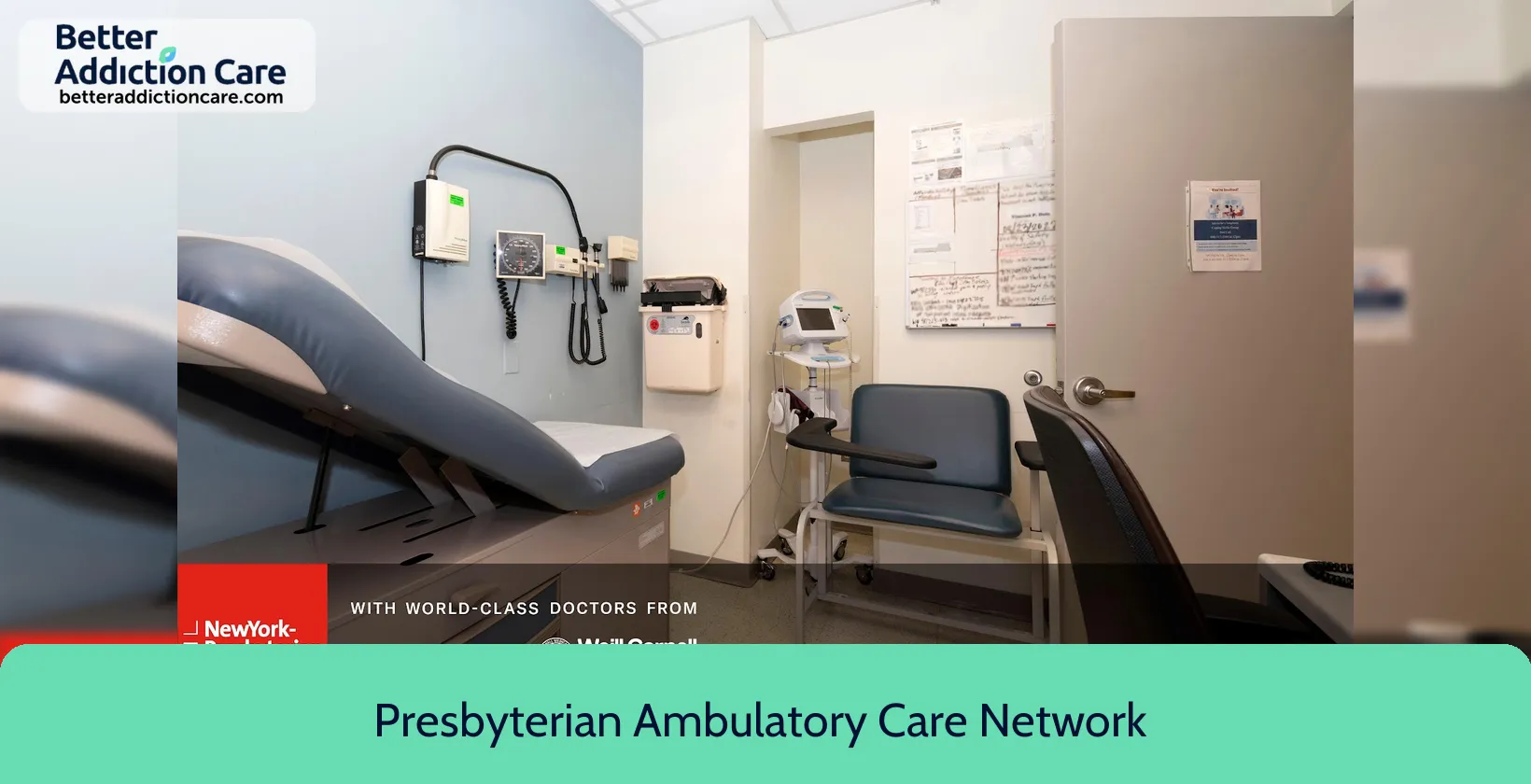
7.27
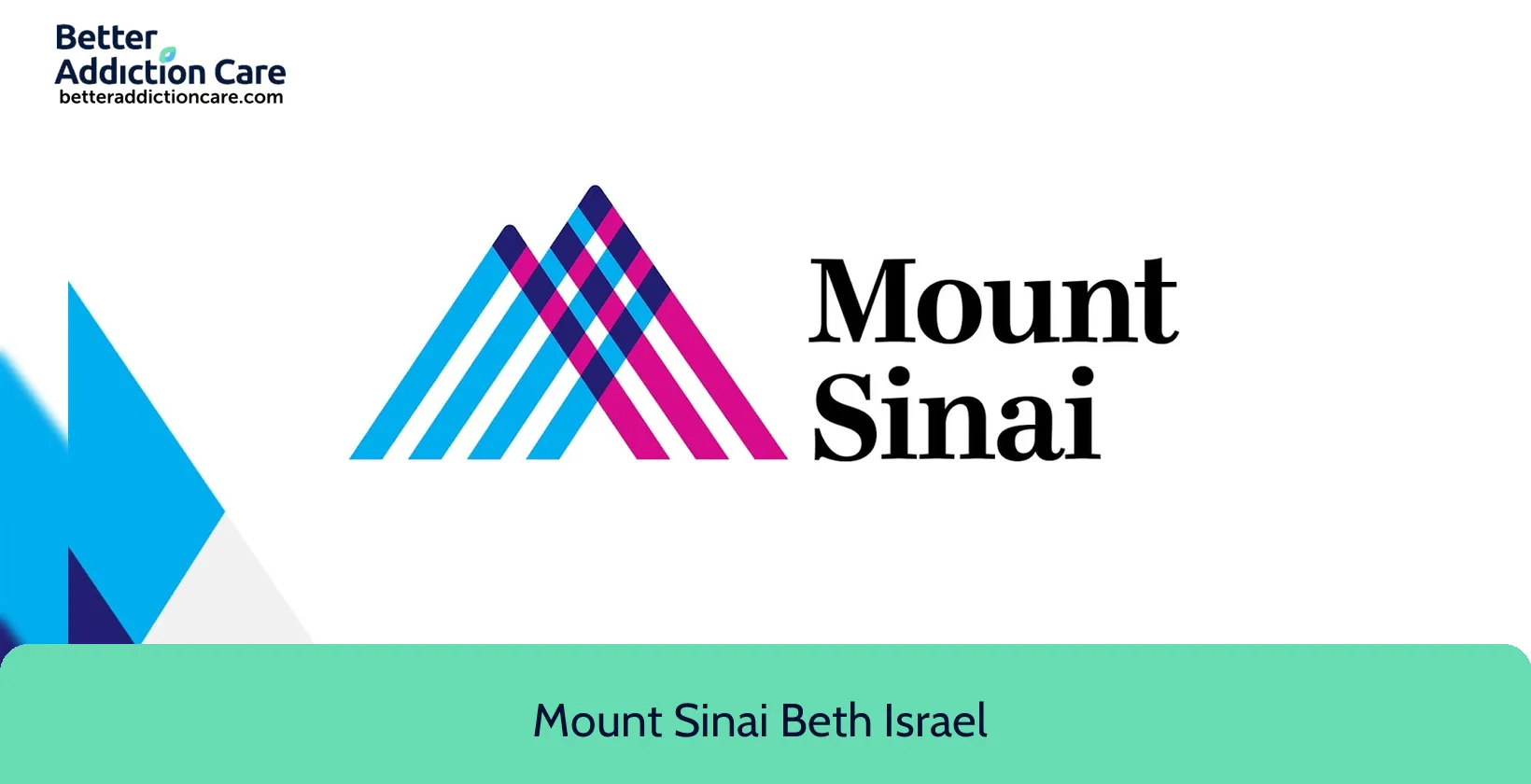
7.68
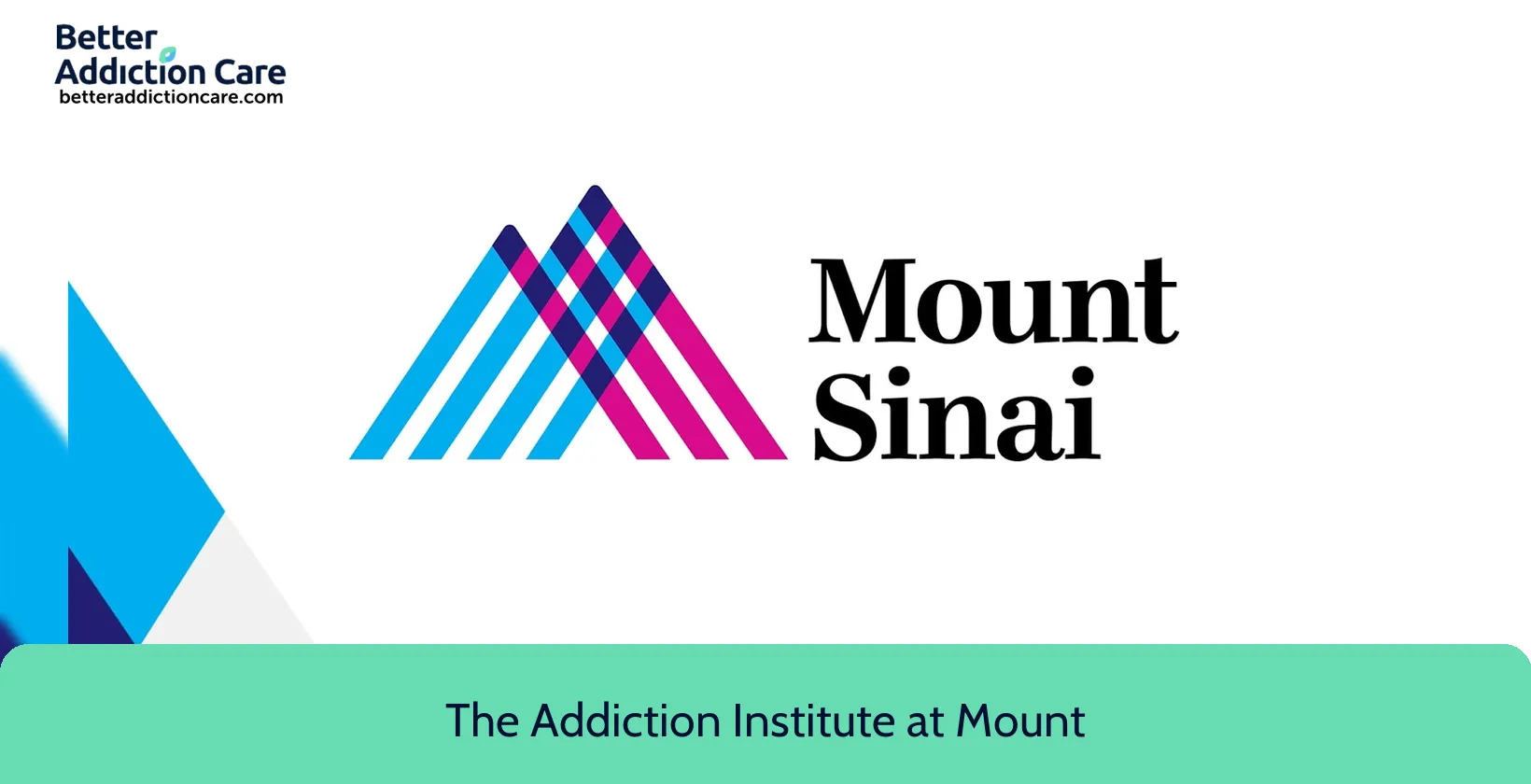
7.50
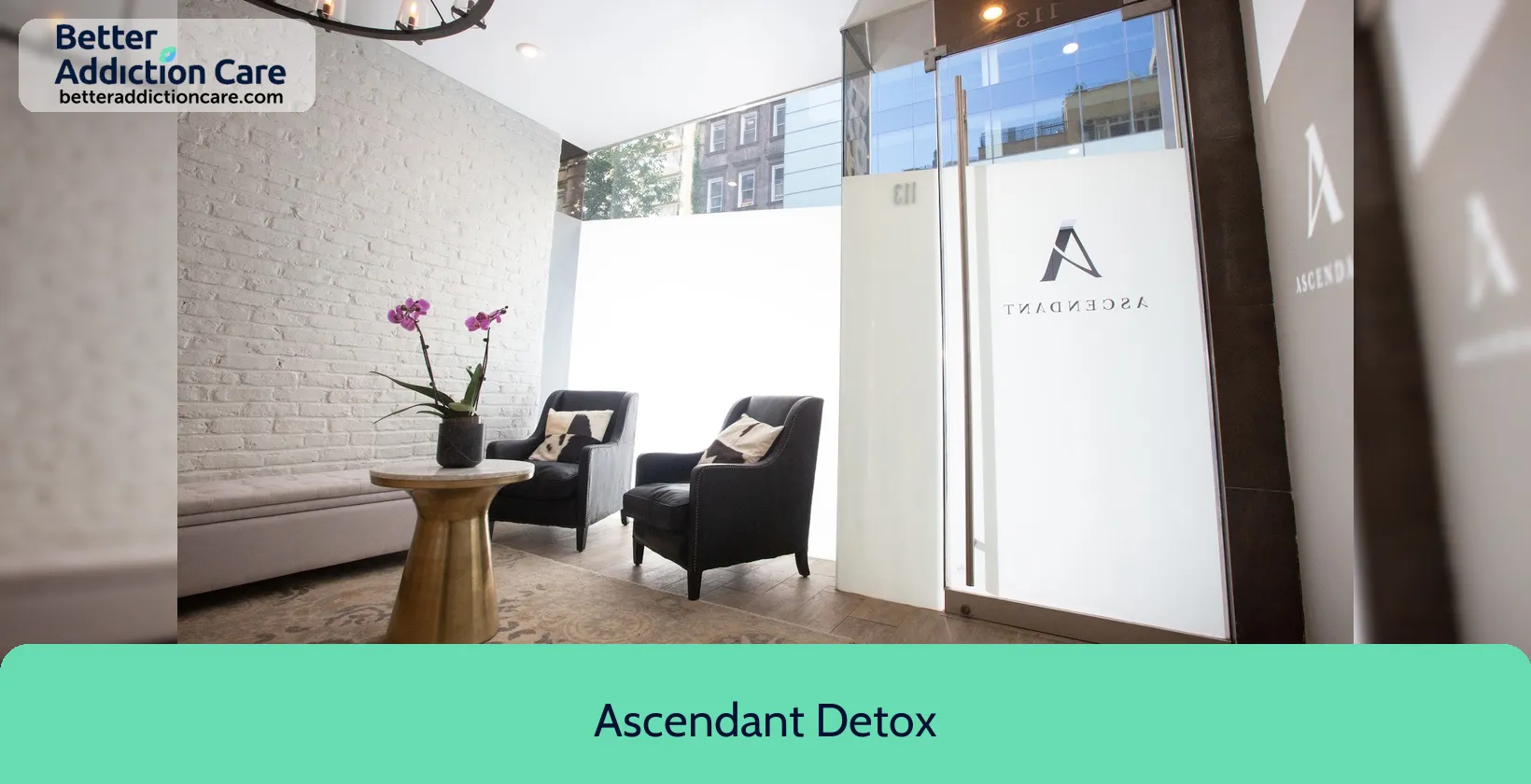
7.52
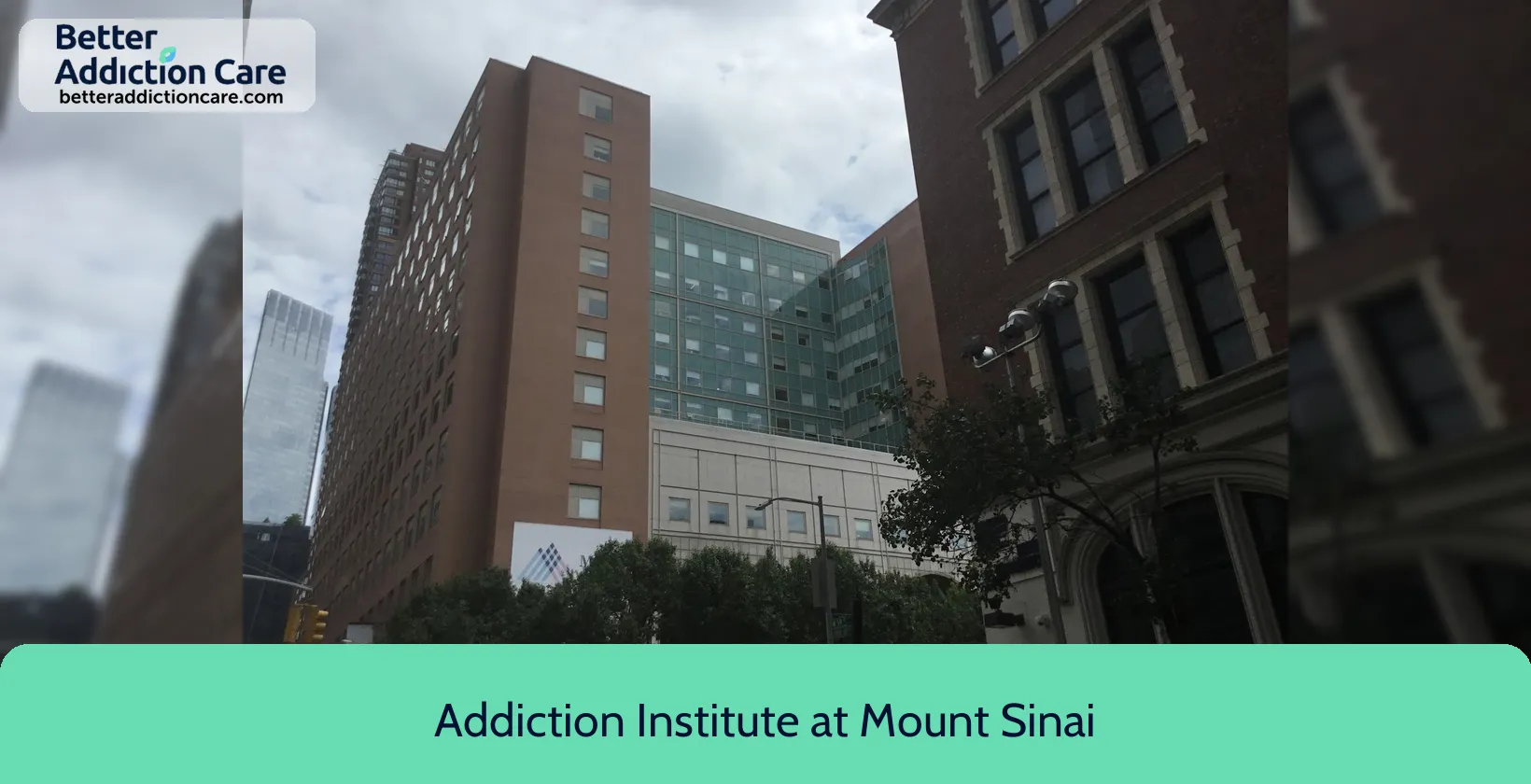
7.28
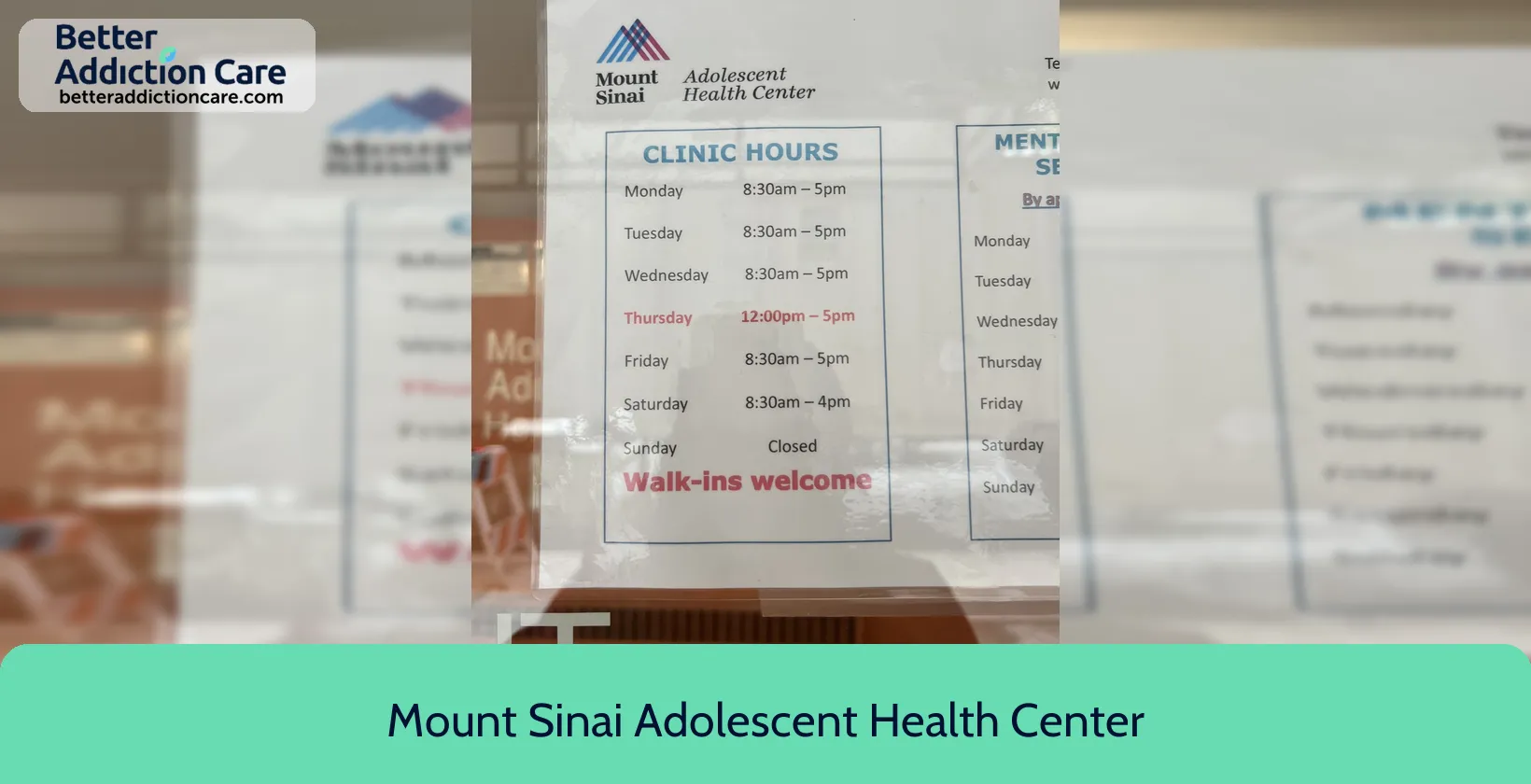
6.93
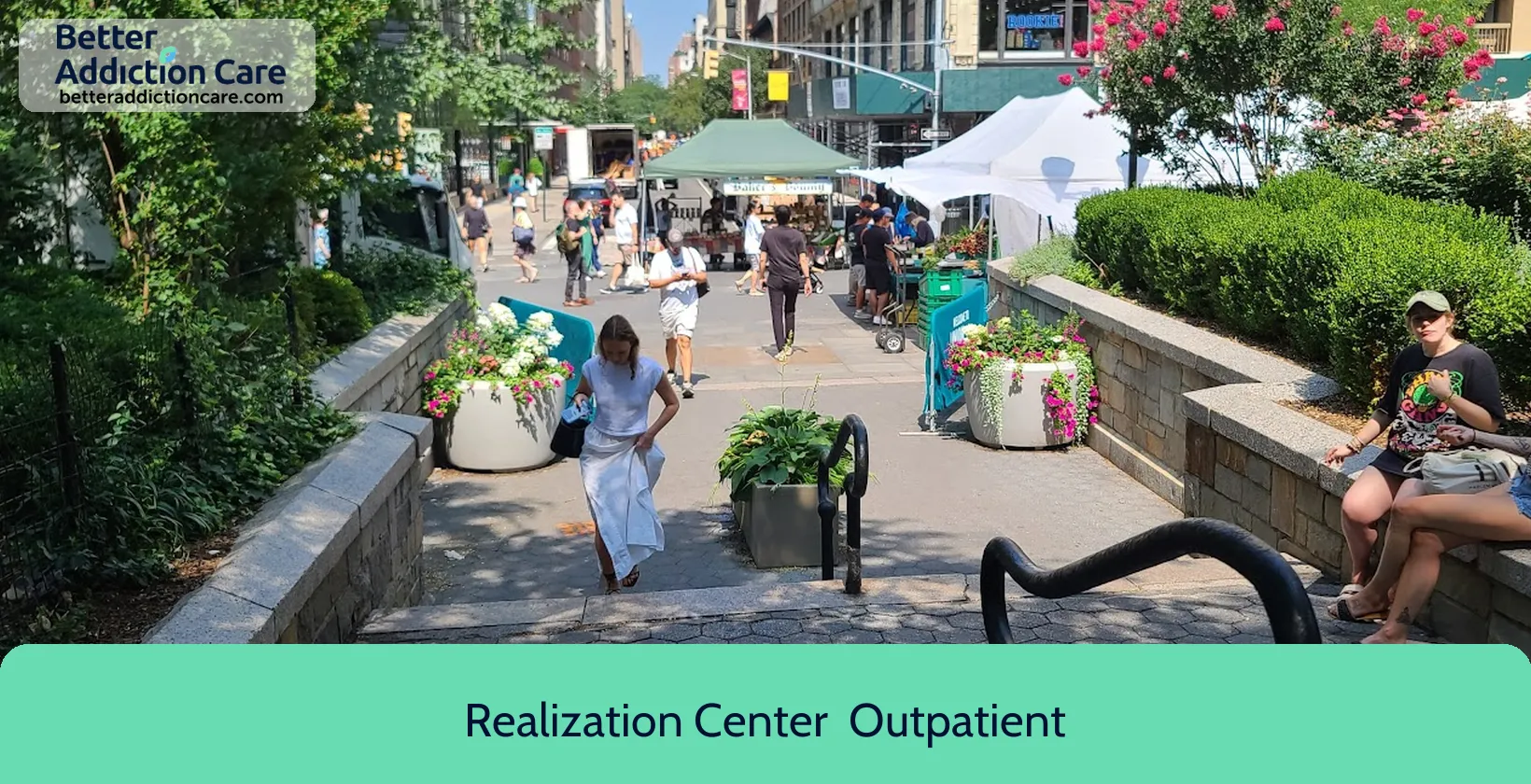
7.48
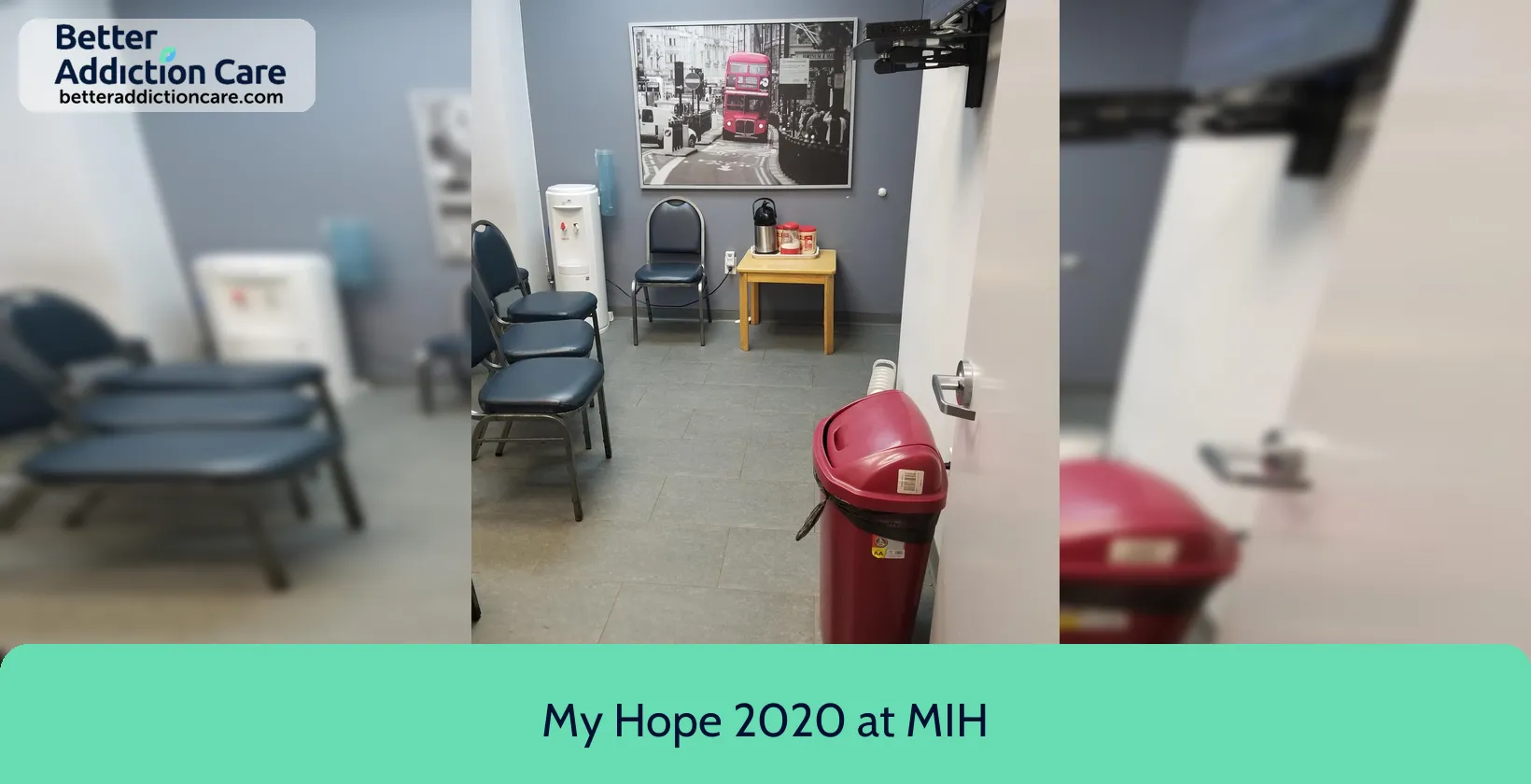
7.40
DISCLAIMER: The facility name, logo and brand are the property and registered trademarks of My Hope 2020 at MIH Experience, and are being used for identification and informational purposes only. Use of these names, logos and brands shall not imply endorsement. BetterAddictionCare.com is not affiliated with or sponsored by My Hope 2020 at MIH Experience.

